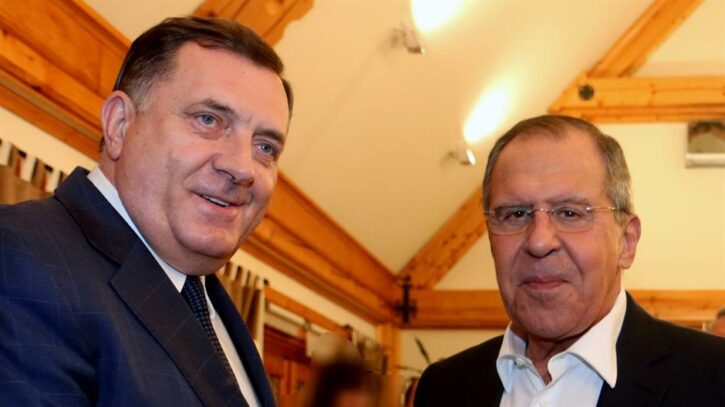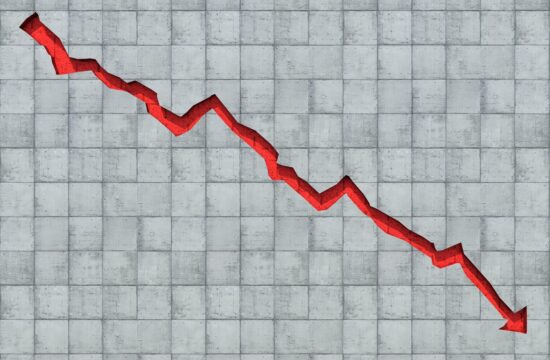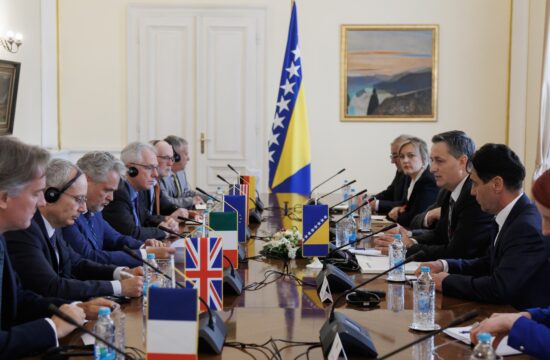
Bosnia’s top international official, charged with overseeing the country’s peace is “destabilising” Bosnia, according to Russia’s Foreign Minister Sergey Lavrov.
Lavrov reportedly told Greek media that the “protectorate in Bosnia and Herzegovina, which is maintained thanks to the position of the High Representative, is hindering the development in the country and the reconciliation process.”
The Office of the High Representative is prescribed by Bosnia’s peace agreement that ended the 1992-95 war. The official is appointed by the international community to oversee the civilian implementation of the agreement. Currently, the post is held by an Austrian diplomat.
Lavrov said that “the High Representative has a destabilising role” in Bosnia, according to Russia’s Tass news agency.
Pro-Russian Bosnian Serb politicians, most notably the newly elected Serb member of the country’s tripartite Presidency, Milorad Dodik, have been at odds with the Office of the High Representative (OHR) for years. Dodik and his political group have often advocated for the Serb-majority part of the country to secede, and High Representatives have vehemently opposed it.
According to Lavrov, the system of international oversight in Bosnia is hindering strict compliance with the Dayton Agreement.
“Now they are trying to discredit the election in Bosnia and create an impression that the victory of the Serb leader in Bosnia, Milorad Dodik, was illegal,” he said.
The strengthening of the presence of NATO and the EU is also destabilising the country, he said reportedly.
“The position of the Balkans is raising concerns. We see NATO and the EU accelerating their efforts in further ‘conquering’ the region,” he said, adding that regional countries are facing a ‘false choice’ – “either they are with Moscow or with Washington and Brussels.”
Such activities, he said, lead to further destabilisation of the security structure in Europe, and toward growing tensions and the emergence of new divisions.



